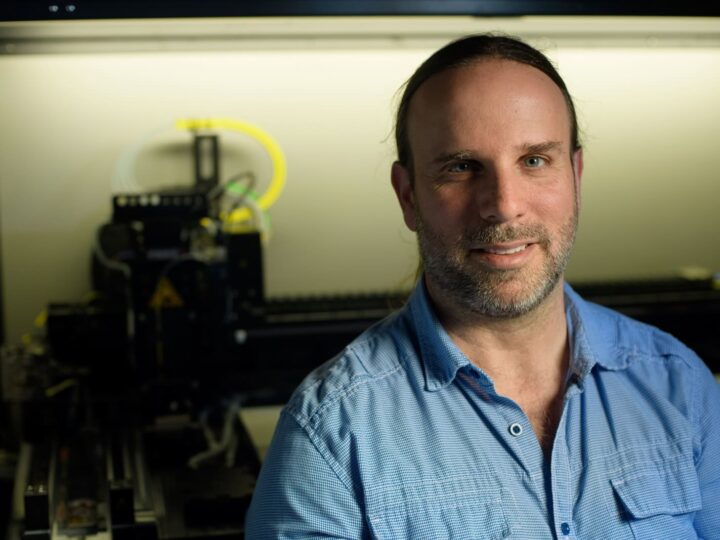The nascent field of personalized medicine represents perhaps the biggest advancement in pharmaceuticals in a century. Developing individualized treatments may prove to be the most promising way knock out cancer.
That’s a big part of why Gilead Sciences is paying $11.9 billion for Kite Pharma, founded by Israeli-American oncologist Arie Belldegrun.
Kite Pharma is developing treatments that train a patient’s own immune cells to attack the cancers in his or her body. Kite’s pioneering product to cure blood cancer lymphoma could be approved by the U.S. FDA as early as the end of this year.
The match is a logical one.
Foster City, Calif.-based Gilead has developed treatments for HIV and hepatitis C, but hadn’t made headway into the immunotherapy and oncology space yet. Kite Pharma (based in Santa Monica, Calif.) rounds out the picture with a personalized cancer therapy, CAR-T (chimeric antigen receptor T-cell therapy), which removes immune cells from a patient’s blood and “reprograms” them so that, when reintroduced into the body, the immune cells head straight for the cancer cells and wipe them out.
Gilead CEO John Milligan said Kite “has opened a clear path towards the potential cure for lymphoma patients who’ve run out of options and are desperately in need of treatment.”
Immunotherapy doesn’t come cheap. A one-time immunotherapy injection could run into the hundreds of thousands of dollars.
But it seems to work. In a study of 101 patients taking another CAR-T treatment from Kite for aggressive B-cell non-Hodgkin lymphoma, 36 percent had a complete response to the treatment after six months.
Gilead to buy Kite Pharma in $11.9 billion deal from CNBC.
Meanwhile, Belldegrun welcomed the news in July that an FDA panel voted in favor of approving a CAR-T immunotherapy treatment by Novartis for pediatric acute lymphoblastic leukemia.
“Kite and Novartis have consistently been positioned as competitors, and I am amused by the horse-race metaphors that are used to frame the various companies developing CAR-T therapies,” he wrote on the Kite website. “Today is not about business or competition. Today, we are not rivals. Today is about advancing an exciting technology that has the potential to transform cancer treatment.”
Belldegrun earned his MD at the Hebrew University Hadassah Medical School in Jerusalem, did postgraduate studies in immunology at the Weizmann Institute of Science in Rehovot and was a urologic surgery resident at the Brigham and Women’s Hospital and Harvard Medical School in Boston before founding his pioneering company using technology based on the research of Prof. Zelig Eshhar at Weizmann.
Kite’s stock soared 17% after the deal was announced. For Q2 FY2017, the company reported revenues of just over $10 million compared with R&D costs of $71 million and a net loss of $110 million.

















